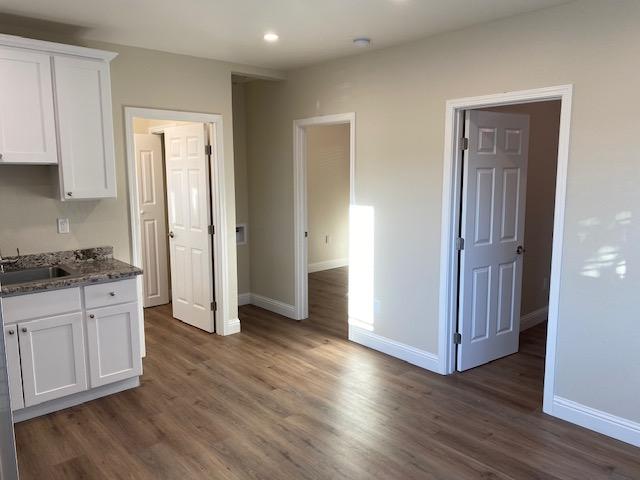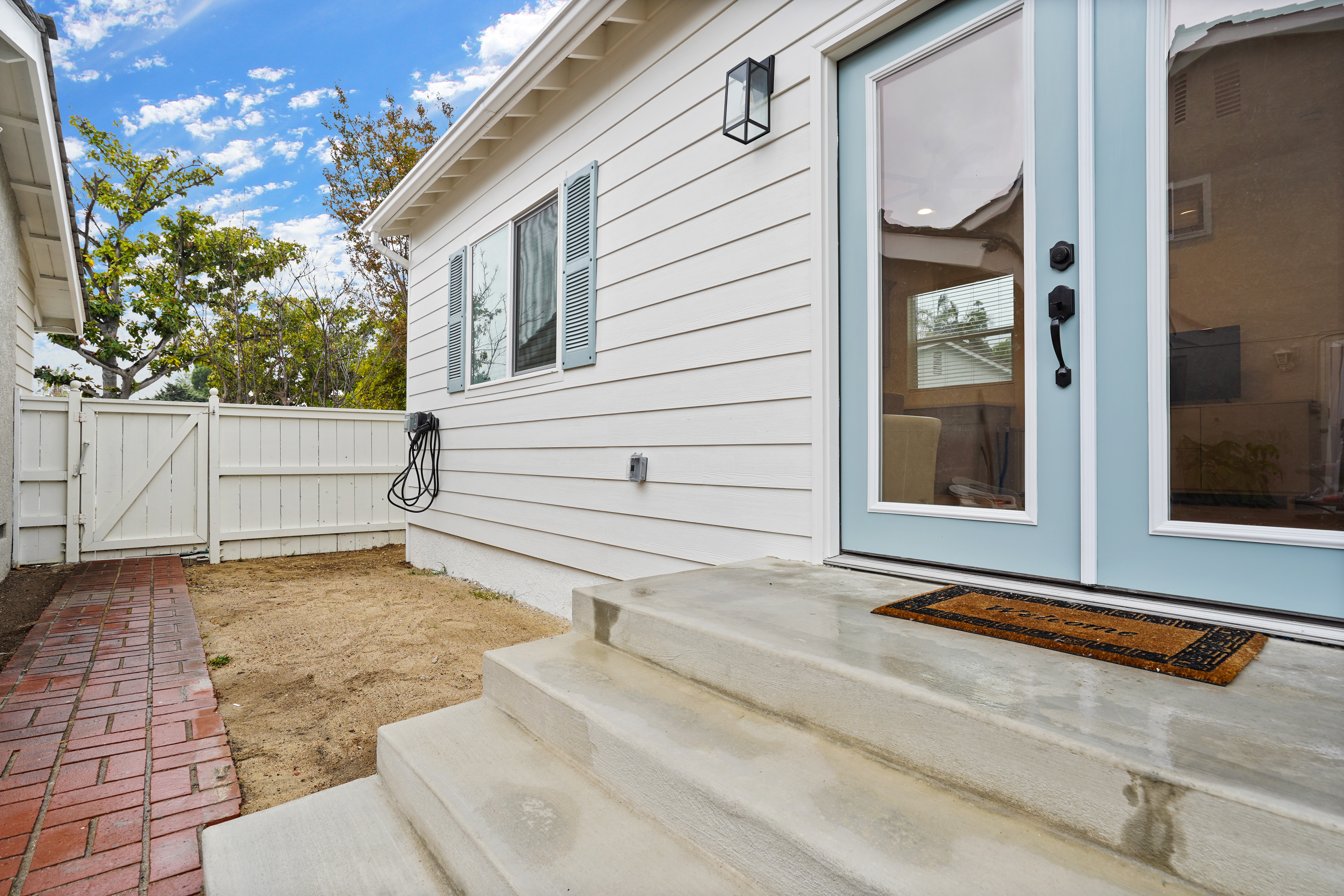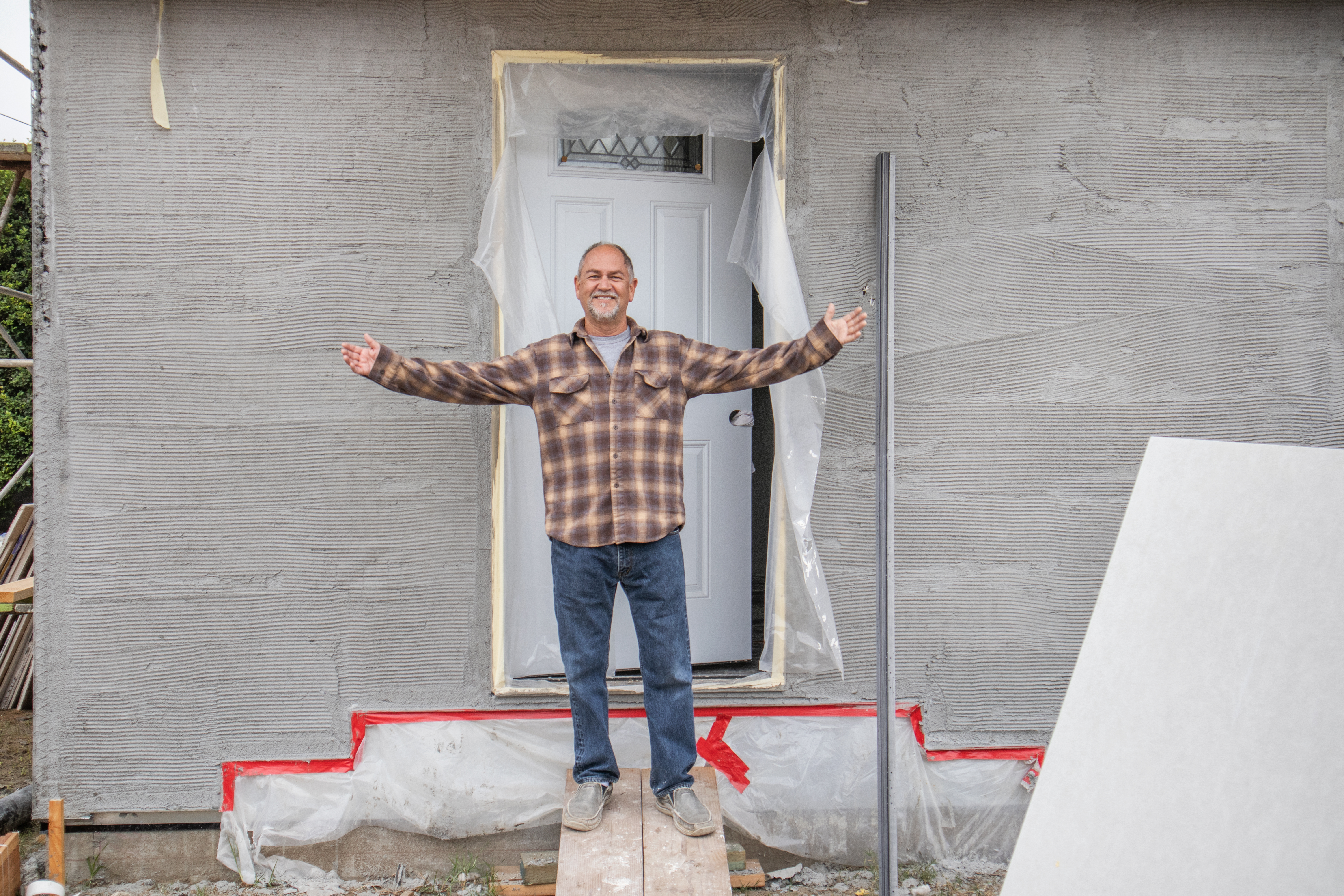How ADU design adds value to your home - the ADU appraisal process
ADUs and the appraisal process
ADU lending options are growing, making it easier than ever to obtain a loan for ADU financing. One critical component of ADU financing is the valuation of the ADU. An appraisal is required for many, but not all, types of residential mortgage loans. Nearly all lenders require an appraisal to be completed by a state-licensed appraiser. Denis DeSaix, MAI, SRA, of Metrocal Appraisal provided some invaluable information regarding the appraisal process for ADUs, here are the key takeaways.
What is an appraisal?
An appraisal is an analysis of the condition of the property, the structures, and relevant market data which summarizes findings in a report designed to answer two questions:
- How much is the property worth?
- Does the property qualify for a loan based on the loan’s minimum property requirements?
When is an ADU appraisal required?
An appraisal is required when applying for most traditional loans to either purchase a home with an ADU, to build an ADU, or to renovate an existing ADU. Learn more about the types of financing available for ADUs here. Although some properties don’t qualify for traditional loans because they aren't habitable, in most cases, as long as the minimum requirements are met, a lender will rely on the appraised value to determine the potential loan amount for a homeowner. Lenders use something called a Loan to Value (LTV) ratio to determine the loan amount. As an example, if a property is appraised at $800,000 and the loan has an 80% LTV, then the lender will loan up to 80% of the value, or up to $640,000.
How is an ADU appraised?
Comparable Sales
Most lenders and appraisers rely on comparable sales data. This is done by comparing the sale price of property with an ADU to a similar property without an ADU. However, ADUs aren’t common enough to have a reasonable sample size to make these comparisons universally applicable or accurate. Buyers also value properties with ADUs differently than single-unit properties.
Cost of Construction and Improvements
The cost of ADU construction is helpful to get an idea of how much the ADU contributes to property value, however that cost of construction doesn’t always directly connect to the appraised value. Buyers will sometimes consider how much it would cost to build a new ADU and bid based on a percentage of this estimate.
Rental Income
Projected or actual rental income is the most challenging appraisal method, at a minimum, evidence of rents received and the current rental market is needed. This might involve applying a multiplier (called the Gross Rent Multiplier, or GRM) to the monthly rent, which converts monthly rent into an indication of value. For example, a house which rents for $3,500 per month might have a GRM of 215.
GRM x Monthly Rent = Indicated Value
215 GRM x $3,500 Monthly Rent = $752,500
An appraiser might conclude the value of the house to be $750,000 or $755,000. However, when calculating the value of a home using a GRM, the underlying land value is included in that total. ADUs do not have an independent land value (it is already included in the primary home’s value); therefore, using income multipliers from single family rentals or multi-unit rental properties is not appropriate.
Currently, Fannie Mae and Freddie Mac do not include ADU rental income in their underwriting considerations. Because of that, many lenders do not consider income analysis to be an appropriate valuation technique. This doesn’t mean that income information can’t support the appraisal process. An ADU with monthly income of $2,500 which cost $200,000 to build and an expected loan payback period of 6 or 7 years could support an additional 20 percent in loan expenses while only adding 1-2 years in the loan period, which is a compelling argument when compared to the potential income it can generate.
Professional Industry Interviews
The final method for single family ADU appraisal is the Market Participant Survey. A market participant survey relies on interviewing local agents and brokers to get insight into recent sales for homes with ADUs that may have been missed in the appraiser’s initial search. Many agents report that buyers and sellers considered the ADU additional living area, and the sale price reflects this.
How good ADU design adds value to the primary home
The primary home’s square footage value won’t directly apply to the ADU, rather the ADU will have a smaller percentage square foot value. For example, a 2,000 square foot home priced at $1,000,000 works out to $500 per square foot which includes everything about the property including location, view, condition, lot size premium, as well as negative influences. An appraiser evaluates each of these individual components and adjusts for each separately. A home valued at $500 per square foot may only have an incremental difference worth $200 per square foot. So a home that is 500 square feet larger, with everything else being equal, won't necessarily sell for 25% more but will only have an incremental difference valued at the $200 per square foot for the living area and sell for between $1,075,000 to $1,125,000. The incremental value is for the improved living area only.
If you're looking at the added value of the ADU on its own, it would be valued at a similar or slightly lower price than the primary living area. So, if primary living area was valued at $200 per square foot, a 650 square foot ADU of average or worse condition might be valued at $175 to $200 per square foot while a a brand new ADU in superior condition may sell for a premium above $200 per square foot.
Finally, in all cases, in hot markets with many recent comparable home sales with ADUs, the valuation of a property with an ADU will likely be higher than in markets with fewer ADU sales. A property’s value will largely be driven by what the market supports. A well designed ADU that was built with quality materials and properly permitted is more attractive to most buyers than those built without these things in mind. Reach out today if you have questions about building an ADU on your property.



